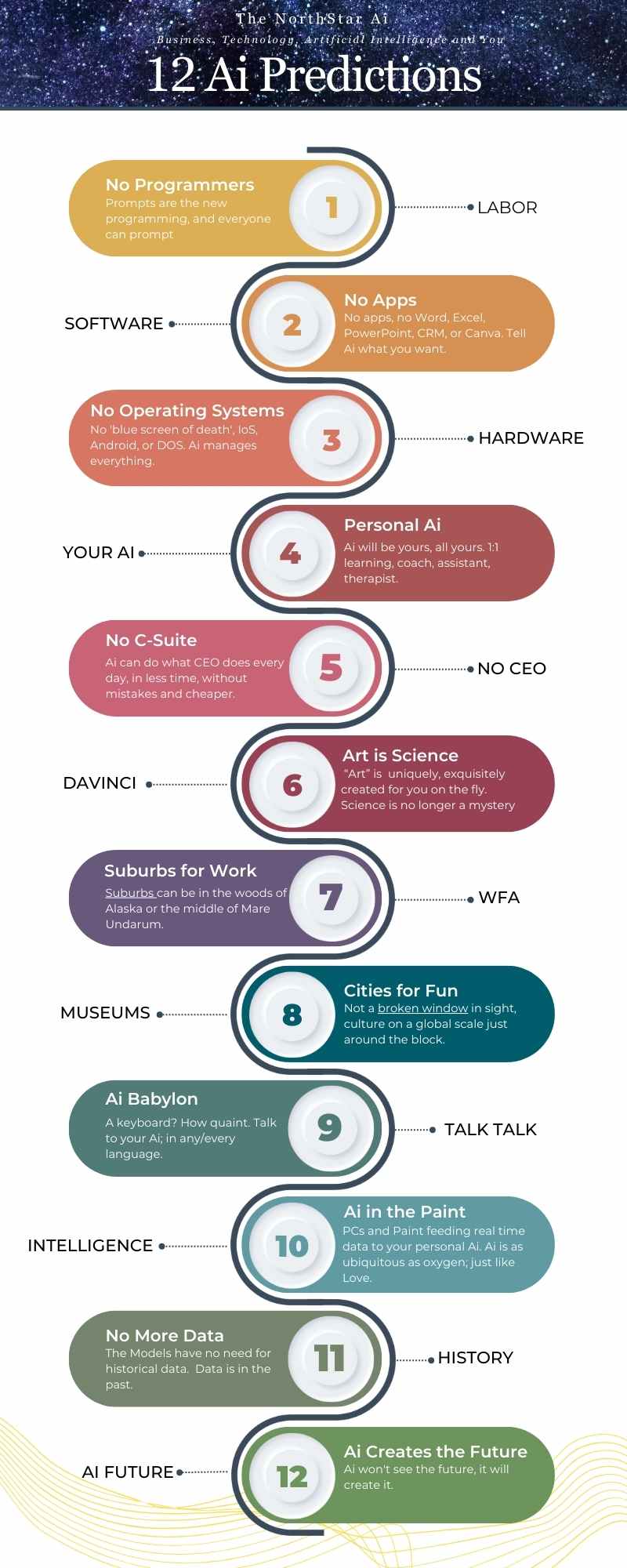|
Abstract:
The Fermi Paradox, articulated by physicist Enrico Fermi, poses a compelling conundrum: given the vastness of the universe and its potential for harboring life, why is there no evidence of extraterrestrial civilizations? This expanded essay explores the paradox through a multidisciplinary lens, incorporating astrophysics, interstellar biology, philosophy, and quantum physics, to underscore its validity and importance in understanding our cosmic context. It delves into the limitations of human civilization, including technological, cognitive, and societal constraints, which impede our ability to detect or comprehend extraterrestrial life. Furthermore, it examines the implications of quantum mechanics and the cosmological scale, which suggest that life might exist in forms or dimensions beyond our current perception or understanding. The essay concludes by emphasizing the need for an interdisciplinary approach and a philosophical evolution in our quest for extraterrestrial intelligence, proposing that the resolution of the Fermi Paradox requires not only technological advancement but also a reevaluation of our understanding of life and intelligence.
In a universe governed by the laws of probability, the singular occurrence of intelligent life on Earth becomes a statistical possibility.
II. Interstellar Biology: The field of astrobiology has identified numerous exoplanets within the habitable zone, where conditions might be right for life. Yet, the absence of evidence for life on these planets feeds into the paradox. The Rare Earth hypothesis posits that while simple life might be common, complex life is exceedingly rare, requiring a unique set of circumstances (Ward and Brownlee, 2000).
III. Human Civilization and Its Limitations: Human civilization, despite its technological advancements and scientific achievements, is bound by numerous limitations that impact our ability to detect or interact with extraterrestrial life. These limitations are not just technological but also cognitive, social, and philosophical.
V. Quantum and Universal Considerations: The quantum realm and universal-scale considerations offer intriguing possibilities regarding the nature of extraterrestrial life and our ability to detect it.
Conclusion:
In contemplating the Fermi Paradox, we confront one of the most profound and unsettling implications: the possibility that humanity might indeed be alone in the universe. Despite the vastness of the cosmos, with its countless galaxies and stars, the deafening silence we encounter does not merely reflect our current technological or cognitive limitations. Instead, it is an indication of a startling reality – the uniqueness of life on Earth.
The notion that we are alone is supported by several key considerations. First, the Rare Earth hypothesis, as proposed by Ward and Brownlee, argues that the specific conditions necessary for complex life are exceptionally rare in the universe. Factors such as a planet's distance from its star, the presence of a protective magnetic field, and a stable climate are just a few of the myriad conditions required for life as we know it to thrive. The unique combination of these factors on Earth are the cosmic rarity, making complex life an extraordinary exception rather than the rule. Secondly, the Great Filter theory, a critical component of the Fermi Paradox, suggests that there is a stage in the development of life that is nearly impossible to surpass. If this filter lies in the past, it implies that the emergence of intelligent life is incredibly rare. The fact that we have not observed any signs of extraterrestrial intelligence could be evidence that Earth has uniquely passed through this filter, while other potential life forms in the universe have not. Furthermore, the absence of evidence for extraterrestrial life, despite extensive searches and technological advancements, lends credence to the possibility of our solitude. Projects like SETI have scoured the cosmos for signals of other civilizations, yet have found nothing but silence. This ongoing lack of evidence, that tilts the scales towards Earth being the sole cradle of life, at least in our observable universe. In a universe governed by the laws of probability, the singular occurrence of intelligent life on Earth becomes a statistical possibility. The unique combination of factors necessary for life, the potential barriers to the development of intelligence, and the conspicuous absence of any signs of extraterrestrial civilizations lead to a compelling, albeit sobering, conclusion: humanity is indeed alone in the vastness of space. This realization, far from being a defeatist perspective, offers a profound and humbling reflection on our existence. It underscores the preciousness of life on Earth and the critical responsibility we hold as its stewards. As the only known bearers of consciousness and intelligence in this immense universe, we are tasked with a profound duty to preserve and cherish the unique world we inhabit. In the face of the Fermi Paradox, our solitude becomes not a burden, but a profound calling. List of References with Links:
Please note that some links are not available due to site restrictions. For those, you may need to access the articles or books through academic databases or libraries.
Letter of Submission for the Nobel Prize: To the Esteemed Members of the Nobel Committee, I am writing to submit my essay titled "The Fermi Paradox: An Inescapable Conundrum in the Search for Extraterrestrial Intelligence" for consideration for the Nobel Prize in Physics. This work represents a comprehensive and multidisciplinary exploration of one of the most perplexing questions in modern astrophysics and cosmology – the Fermi Paradox. Through this essay, I have endeavored to elucidate the paradox from various perspectives, integrating insights from astrophysics, interstellar biology, human civilization's limitations, philosophical implications, and the vast realms of quantum physics. The essay not only highlights the stark contradiction between the expected prevalence of extraterrestrial life and the absence of evidence supporting it but also delves into the broader implications of this paradox on our understanding of the universe and our place within it. I have expanded upon the conventional approaches to the paradox, exploring the technological, cognitive, and societal constraints that may hinder our ability to detect or comprehend extraterrestrial life. Furthermore, the essay discusses the potential impact of the complexities of quantum mechanics and the immense scale of the cosmos on the search for alien intelligence. It emphasizes the need for an interdisciplinary approach, marrying technological prowess with philosophical depth, to advance our quest in this field. It is my belief that this work contributes significantly to the discourse on the Fermi Paradox and provides a foundation for future explorations in this realm. I am confident that it aligns with the spirit of the Nobel Prize, promoting a deeper understanding of our universe and fostering a sense of wonder and curiosity about our place in the vast cosmic landscape. Thank you for considering my submission. I am honored to contribute to the rich legacy of the Nobel Prize and look forward to the opportunity to engage with the esteemed community that has long inspired my work. Sincerely, Charlie G. Peterson, IV
0 Comments
Your comment will be posted after it is approved.
Leave a Reply. |
Topics & Writers
All
AuthorsGreg Walters Archives
July 2024
|


